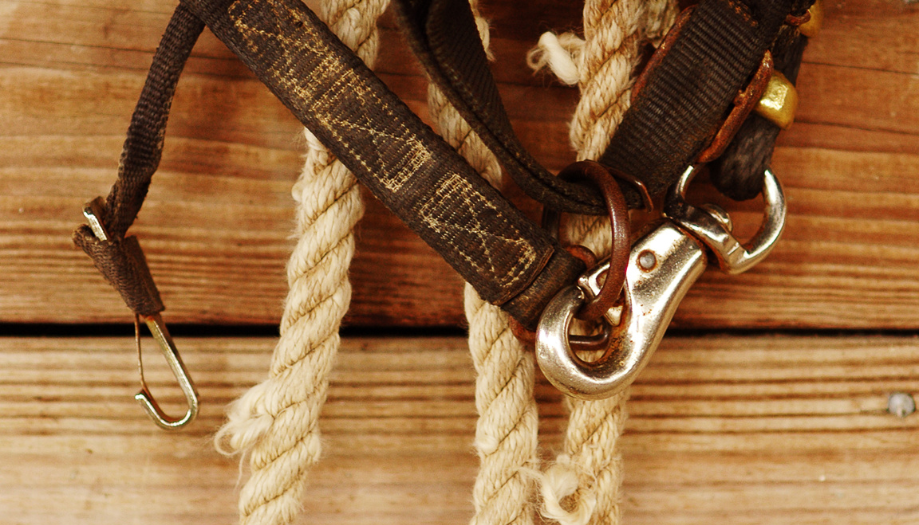Fiction from Elizabeth Poliner excerpted from our Summer 2016 issue.
*
For a time, “The Jews of Waterbury, Connecticut” was an exhibit at a museum in Waterbury. Not so long ago, my mother, a Jew of Waterbury, Connecticut, went to this exhibit’s opening. There she saw so many people whom she hadn’t seen in years — Roz, Nelson, Learna, Roberta, Zeena, Ira, Cookie, Harriet — and no doubt many others with names of a certain era. They were so pleased to be seeing each other that very few of them actually took in the exhibit. The evening, as it turned out, was more or less a Hebrew school reunion.
When I was a child, my family drove one Sunday each month from our town, in the Connecticut River valley near the center of the state, west toward the mountains and to Waterbury, one of the hilliest cities I’ve ever experienced. An hour’s drive, this was an endless journey to a small child tucked in the backseat between her older sister and brother, and I recall sleeping my way through it, giggling with my sister my way through it, and, when I was older, reading my way through it. Near the outskirts of Waterbury, visible from Route 84 West and set high on a rocky cliff, was a large sign: Holy Land U.S.A., and above it loomed a large cross.
We would be going to Waterbury for an afternoon of food and conversation with what to me seemed like a countless array of my mother’s relatives, all of whom would congregate in my Grandmother Jean’s living room, den, and dining room. Unlike the food we ate at home, the food in Waterbury was kosher, which meant I drank cream soda rather than milk with dinner, a religious observance I very much favored. What I enjoyed less, what I actually dreaded, was the dense crowd of relatives, so many silver-haired great-aunts, for example, all of whom seemed to be named, confusingly, Evelyn or Sylvia; so many large-bellied, balding, six-foot-tall great-uncles; so many first cousins seated beside barely distinguishable first cousins once removed.
It always seemed odd to me then that as we approached the one land I experienced in all of Connecticut as a land of Jewish multitude the first cue that we’d soon arrive would be the Holy Land U.S.A. sign and its accompanying, outsized cross. Obviously the sign advertised no real holy land but was a manufactured tourist stop; nevertheless, I was always eager to spot the sign, then the cross, and point them out as if together they formed a kind of important, albeit theologically incongruous, family landmark.
Soon enough we’d be at my grandparents where for the entire afternoon I wouldn’t see my mother — family landmark supreme — who became immediately swept up in her home waters, this particular sea of Waterbury Jews. Between the great-aunts, the giant uncles, and the muddle of cousins, she wasn’t to be found, or so it seemed. In fact, she was typically in the kitchen, by the sink, rinsing dishes as we went through course after course at the table, first aid to her hugely extroverted mother, who relished serving such feasts. But I experienced my mother’s helpfulness — which is what she manifested upon her sudden transformation into daughter, niece, and cousin — as, simply enough, loss. In her absence I clung to my sister, the day’s life preserver, for the waters of my mother’s home were too deep, too lonely, too unknowable for me. The stories I tell about them then are, by necessity, entirely made up. Here is one.
…
To continue reading “Home Waters,” purchase MQR 55:3 (Summer 2016) for $7, or consider taking out a one-year subscription for just $25.
Image: Postcard featuring the Holy Land U.S.A. sign outside Waterbury, CT, circa 1960.







